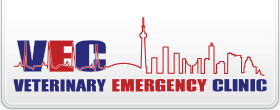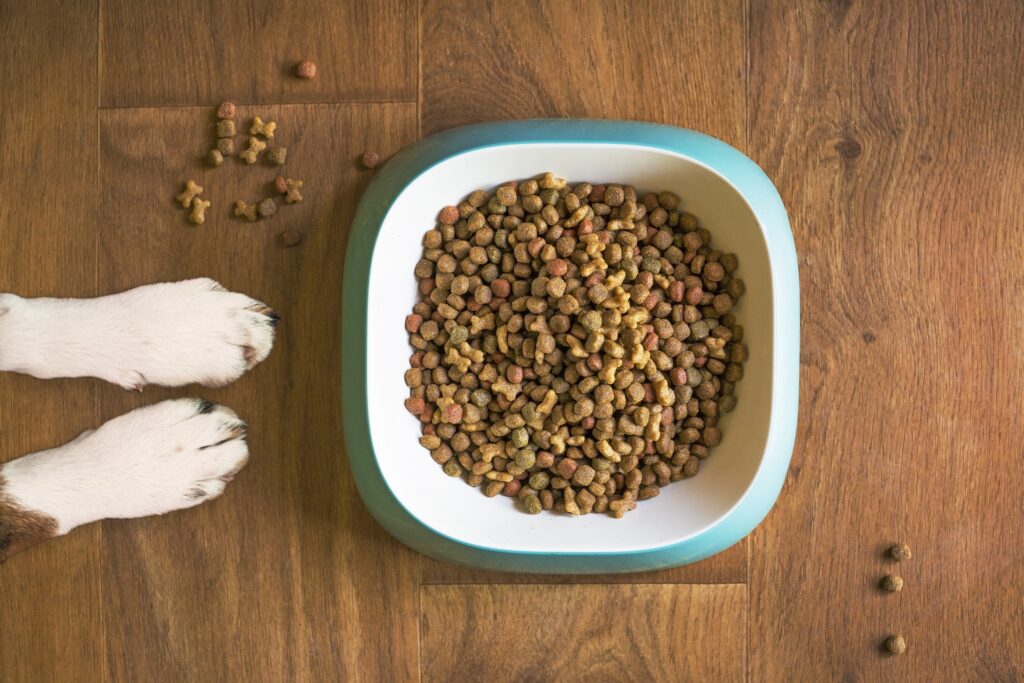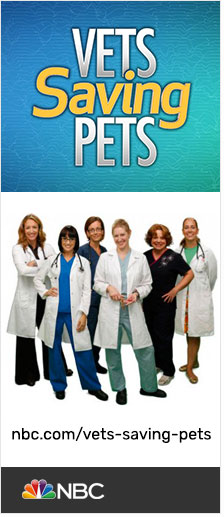Clinical nutrition stems from the philosophy that the health and wellbeing of animals is intrinsically linked to their diet. Veterinary medicine often uses diet to treat and control disease processes. A veterinary nutritionist is a veterinarian who has undergone additional medical training specific to animal nutrition including aspects of biochemistry, physiology, feeding regimens, commercial diet production, and diet formulation. We are excited to offer clinical nutrition consultations and resources to companion animal patients in Ontario.
Dr. Jenna Manacki, residency trained in small animal clinical nutrition, oversees the nutrition service at the VEC.
The nutrition service currently offers the following services:
- commercial diet recommendations and plans
- weight loss plans
- home prepared diet formulation for individual patients
- evaluation of home prepared diet recipes
- feeding tube and parenteral nutrition plans
Each nutrition consultation includes an initial consultation appointment, which can be conducted in-person or remotely, as well as two follow-up appointments. A typed consultation will be provided following the initial consultation appointment. Please note: in accordance with CVMA guidelines, this service does not formulate raw diets.
Consultations with Dr. Manacki are available by referral from your primary care veterinarian.
The forms below should be completed and emailed directly to info@vectoronto.com.
*Please note that, in accordance with CVMA guidelines, the clinical nutrition service does not formulate raw diets. As well we cannot provide formulations for home prepared diets for puppies or kittens and pregnant or nursing animals. All home prepared diets will require the purchase of prescribed dietary supplements.
Nutrition Resources:
- What to expect from your consult
- Information on Kidney Disease
- Dietary Elimination Trial
- Calcium Oxalate FAQs
- Esophagostomy Tube FAQs
- Raw Diet FAQs
- Struvite Uroliths FAQs
- Grain-Free and Non-Traditional Diets and the Link to Canine Dilated Cardiomyopathy FAQs


